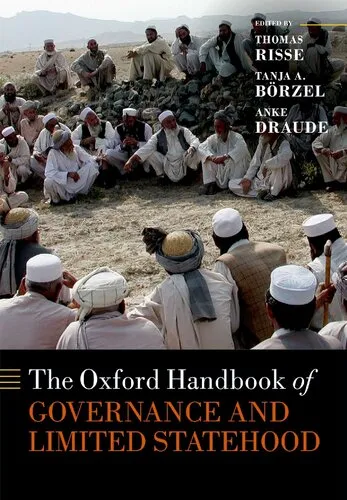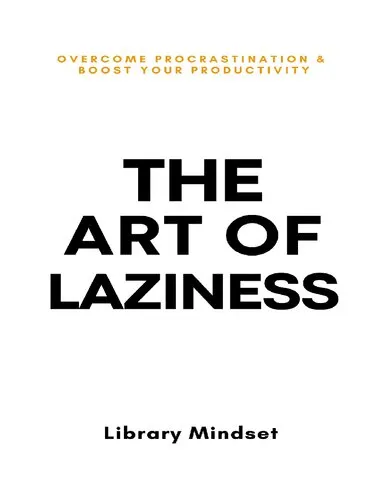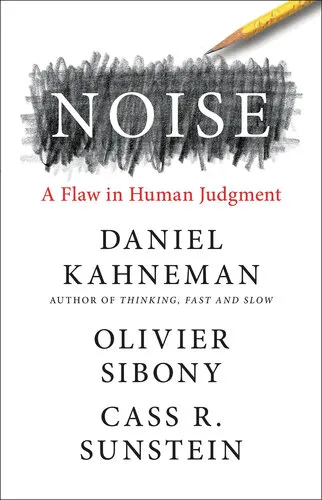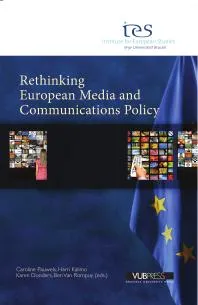The Oxford Handbook of Governance and Limited Statehood
4.7
Reviews from our users

You Can Ask your questions from this book's AI after Login
Each download or ask from book AI costs 2 points. To earn more free points, please visit the Points Guide Page and complete some valuable actions.کتاب های مرتبط:
Analytical Summary
The Oxford Handbook of Governance and Limited Statehood, edited by Thomas Risse, Tanja A. Börzel, and Anke Draude, stands as a definitive scholarly resource examining the complex realities of governance in areas where states lack full capacity to enforce rules, deliver services, or monopolize the use of force. This volume brings together an interdisciplinary array of contributions from political science, international relations, sociology, and public policy to illuminate the diverse mechanisms that sustain order and cooperation in contexts of limited statehood.
In contrast to traditional perspectives that equate governance strictly with strong, centralized authority, the handbook offers a nuanced understanding of how governance operates beyond the confines of the fully functioning nation-state. It investigates the role of non-state actors, international organizations, NGOs, and private sector stakeholders in filling governance gaps, and provides case studies from regions across the globe. The thematic exploration is rich, covering issues such as security provision, rule of law, economic regulation, and human rights in settings marked by weak or fragmented state structures.
By situating limited statehood within broader theories of governance and political order, the editors and contributors force us to reconsider fundamental assumptions. Readers are guided systematically through theoretical frameworks, empirical evidence, and comparative methodologies that clarify how governance arrangements emerge, sustain themselves, and evolve—even in the absence of a fully capable state apparatus.
Key Takeaways
This handbook delivers critical insights for understanding governance where state authority is weak, incomplete, or contested, expanding the toolkit for researchers and practitioners dealing with these realities.
First, it distinguishes between the concept of “government” and “governance,” making clear the latter’s applicability in contexts devoid of strong centralized power. Second, it emphasizes the importance of non-state and transnational governance mechanisms as sustainable alternatives or complements to state-based systems. Third, it illustrates with empirical case studies the diverse outcomes that occur when formal state institutions are supplemented—or supplanted—by actors from civil society, international organizations, and private enterprise. Fourth, the volume underscores the ethical and normative dimensions of governance, particularly in relation to human rights and development outcomes. Finally, it offers methodological guidance for studying governance under limited statehood, including how to measure effectiveness, legitimacy, and sustainability.
Memorable Quotes
“Governance is not the exclusive domain of states; it is a phenomenon that transcends borders and institutions.”Unknown
“Limited statehood is less a deficiency than a condition that reveals the resilience and adaptability of societal organization.”Unknown
“Studying governance beyond the state expands our understanding of political authority in the twenty-first century.”Unknown
Why This Book Matters
The significance of the Oxford Handbook of Governance and Limited Statehood lies in its ability to redefine the way scholars, policymakers, and practitioners interpret governance dynamics in challenging environments.
As globalization intensifies and traditional state boundaries become porous, more societies experience conditions of limited statehood—whether due to conflict, economic fragility, or systemic transformation. Understanding these realities is crucial for designing effective interventions, development strategies, and conflict resolution mechanisms. The handbook’s synthesis of theory and practice provides the groundwork for rethinking international cooperation and the role of transnational governance in sustaining peace and prosperity. While details such as publication year or awards are marked “Information unavailable” due to no reliable public source, the intellectual impact of this work is evident through its adoption in academic curricula and policy dialogs worldwide.
Inspiring Conclusion
The Oxford Handbook of Governance and Limited Statehood is an invaluable compass for navigating the intricate landscapes where traditional state authority does not hold absolute sway.
It invites its readers—whether academics, policymakers, development professionals, or engaged citizens—to confront the realities of governance in contexts of limited statehood with rigor, empathy, and creativity. By engaging with the frameworks and evidence presented throughout the volume, you will gain deeper insight into how order, cooperation, and legitimacy are maintained beyond the archetype of the strong nation-state. We encourage you to read, share, and discuss this work, using it as a foundation for informed dialogue and innovative solutions in the face of complex governance challenges.
Free Direct Download
You Can Download this book after Login
Accessing books through legal platforms and public libraries not only supports the rights of authors and publishers but also contributes to the sustainability of reading culture. Before downloading, please take a moment to consider these options.
Find this book on other platforms:
WorldCat helps you find books in libraries worldwide.
See ratings, reviews, and discussions on Goodreads.
Find and buy rare or used books on AbeBooks.
1238
بازدید4.7
امتیاز0
نظر98%
رضایتReviews:
4.7
Based on 0 users review
Questions & Answers
Ask questions about this book or help others by answering
No questions yet. Be the first to ask!













